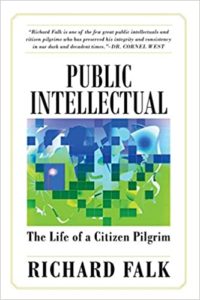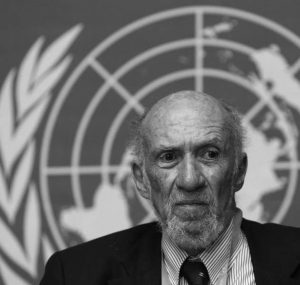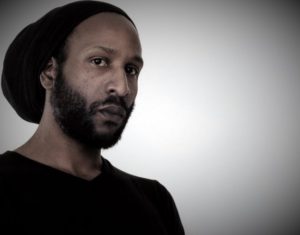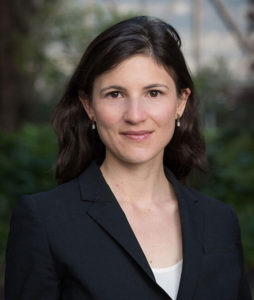Podcast: Play in new window | Download
Public Intellectual: The Life of a Citizen Pilgrim by Professor Richard Falk
If we are ever to have a world not threatened by catastrophic climate change and devastating nuclear war we will need a world governed by respect for the rule of law, democracy, and the democratic right of peoples to self- determination. After the World War II, the United Nations was established in 1945 in an effort to prevent future wars. In this it has failed. The United States of America has been at war almost every year since its beginning and almost every year since the 50’s starting with Korea, then Vietnam, then Afghanistan, Iraq, Syria, and Libya.
Today the United States has 800 bases abroad in 80 countries. It spends $753 billion a year on the military, which is 53 cents out of every tax dollar.
Michael Ratner, a founder of Law And Disorder Radio and who practiced human rights law internationally, used to say that you cannot have imperialism abroad and democracy at home. He said it was a truth established by the decline of both the Greek and Roman empires thousands of years ago.
Guest – International Law Professor Richard Falk who is still teaching and going strong at age 90. He has recently had published his magnificent memoir titled Public Intellectual: The Life of a Citizen Pilgrim. Professor Falk is a leading international law professor, prominent activist, public author, and a pioneer thinker dedicated to peace and justice. He taught at Princeton University for 40 years and was active in seeking an end to the Vietnam war, a better understanding of Iran, a just solution for Israel/Palestine, and improved democracy everywhere. He also served as the UN Special Rapporteur for Occupied Palestine. He has written 50 books. Since 2009 he has been nominated annually for the Nobel Peace Prize.
————-
In Defense of Whistleblowers: Attorney Sarah Alexander
James Glenn was working for NetDesign, a Cisco Systems reseller in Denmark when he came across a vulnerability in software made for a line of Cisco’s video surveillance cameras. The flaw made it easy for would-be hackers to access the systems running the devices and to penetrate the systems on a deeper level after gaining entry. Glenn made the discovery after taking part in his company’s “own medicine” initiative, where staffers test equipment and software for security holes. In 2008 he reported the issue to his employer and to Cisco, assuming that he’d be praised for finding the problem. Instead, he was fired.
Cisco Systems is one of the world’s leading information technology and networking companies. With a market cap of close to $195 billion, Cisco dominates the networking and communications devices industry. Glenn notes that he learned the cameras and software were still being used by the Los Angeles International Airport, and in 2010 he spoke with law enforcement personnel about his concerns regarding LAX. According to court filings cited by Glenn’s attorneys, Cisco failed to fix the vulnerability until an updated version of the software was released in 2012. It then took the company 3 more years to release a security advisory to companies using the previous, flawed version of the software.
Stories like this are all too common. Whistleblowers frequently lose their jobs and suffer significant personal hardships as a result of coming forward on behalf of the public’s interest.
Guest – Attorney Sarah Poppy Alexander of the law firm Constantine, Cannon. Poppy represents whistleblowers and government entities in so called “qui tam” lawsuits in both federal and state court, as well as under the IRS and Securities and Exchange Commission’s whistleblower programs. Poppy has been selected to the Northern California Super Lawyers Rising Stars list every year since 2016. Before joining Constantine Cannon, Poppy was an associate attorney at Rosen, Bien, Galvan & Grunfeld LLP, where she worked to ensure prisoners received appropriate medical and mental health care and adequate accommodations for disabilities in jails and prisons. Poppy graduated from Harvard Law School and holds an M.A. in Political Theory from the University of California, Berkeley, and a B.A. from Yale College.
———————————————




